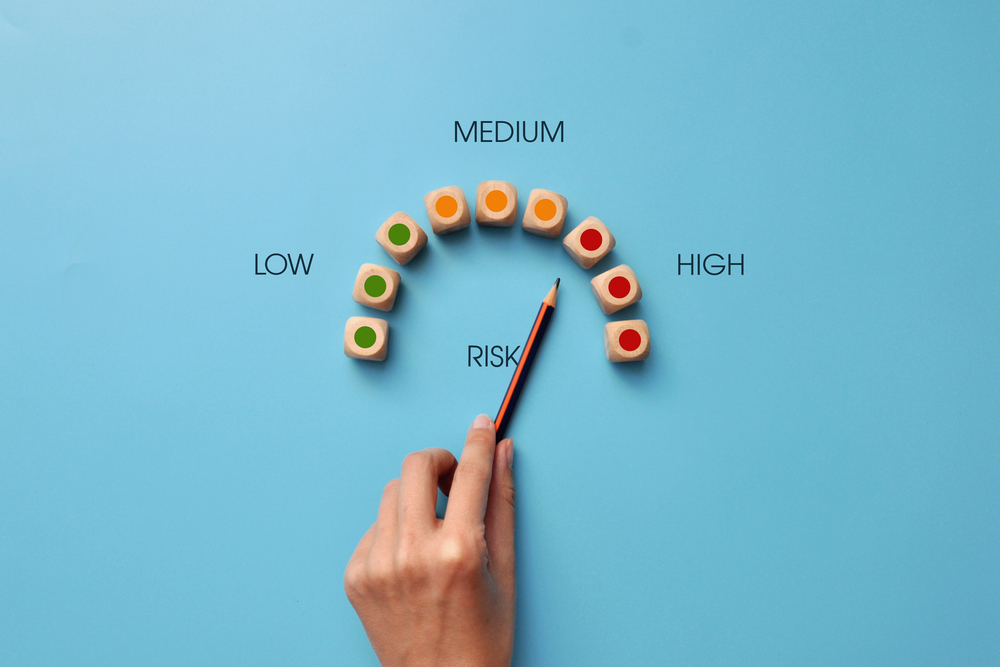
Highlighting the importance of mental health awareness
While one in five people will experience mental illness over the course of their lifetimes, everyone will face challenges that can and will affect their mental health. Observed every year on October 10, World Mental Health Day seeks to raise awareness of mental health issues and highlights efforts to support mental health.
Acknowledging the state of one’s mental health issues is important, and so is being able to seek help when you’re struggling. ACA has provided sharable graphics and resources to support counselors around the world who play a crucial role for those struggling with their mental health.
Related Articles from Counseling Today
General Public Resources from the Counseling Corner
Clinical Depression Is Much More Than Feeling Sad
Spring is often a favorite time of the year. Warmer temperatures, longer days and increased opportunities to get outside and enjoy nature. And yet, for large numbers of people, the changes in weather and long days do little to overcome their serious feelings of sadness.
The reality is that we all experience mild forms of depression at various times. It's a normal human emotion, a common response to a loss, a failure or a disappointment. When things in our lives don't go quite as we planned or desired, it's very natural to feel blue or sad about what has happened.
But this emotion that we know as ordinary depression is not the same as major depression. Clinical depression is a serious emotional and biological disease, a long-lasting condition that has serious negative implications for our lives. It is a medical condition that affects our moods and feelings, as well as our behavior and physical health.
Clinical depression can be treated, but can often be hard to diagnose from the outside. If someone close to you has the flu or a sprained ankle, the problem is obvious. But the symptoms of serious depression can be harder to spot, especially when the person's depression causes them to withdraw from relationships.
In addition, the feelings of sadness and low self-worth that major depression can bring on make it difficult to self-diagnosis, admit to and seek treatment for what they're experiencing.
Yet there are clear, recognizable symptoms of serious depression. Most common are major changes in sleep habits or appetite patterns. Clinical depression can make concentrating harder, and increase feelings of fatigue and lethargy. A depressed individual will often lose interest in their usual activities, have feelings of hopelessness or guilt, and will suffer from low self-esteem.
Clinical depression's most serious effects can be self-destructive actions. They can range from excessive use of alcohol and drugs to suicide.
If you, or someone you know, is displaying any of the symptoms of serious depression for more than a period of two weeks, or if they talk about or display intentions of suicide, seek medical help. A family physician or local mental health clinic can be a good starting point. Treatments ranging from medications to ongoing sessions with a professional counselor can help overcome the problem in many cases. But major depression is a mental health issue that needs to be addressed.



















